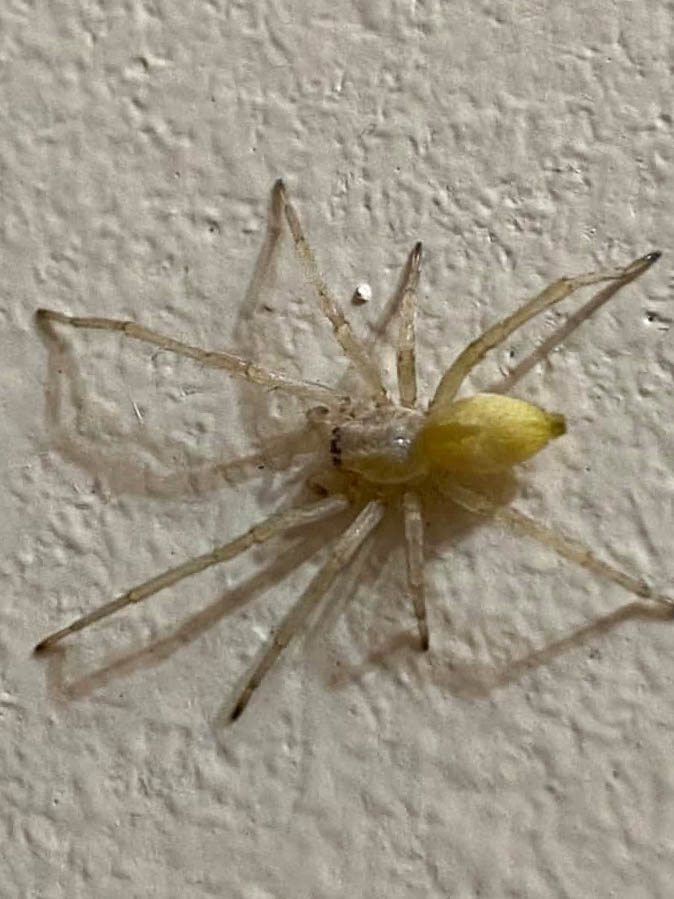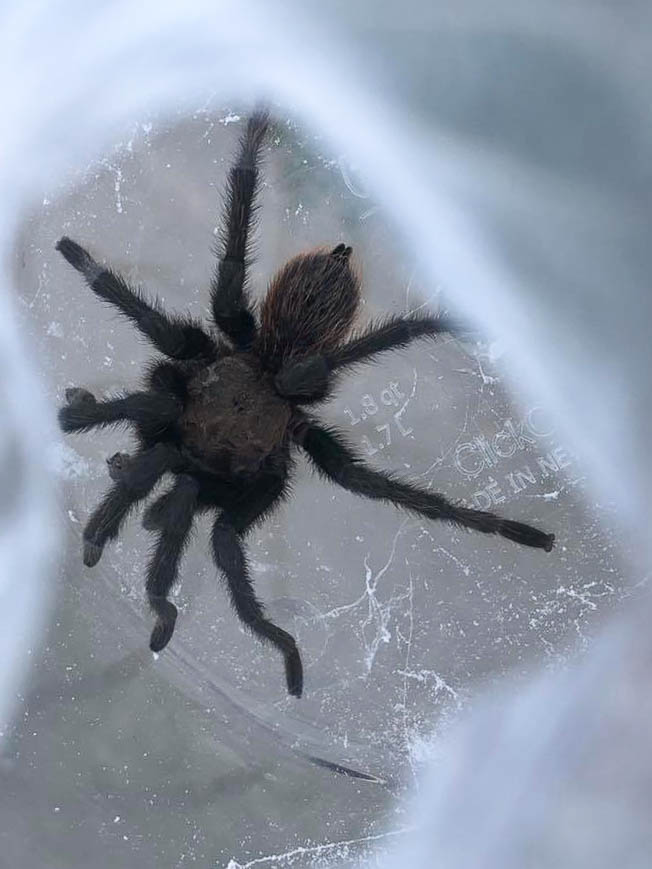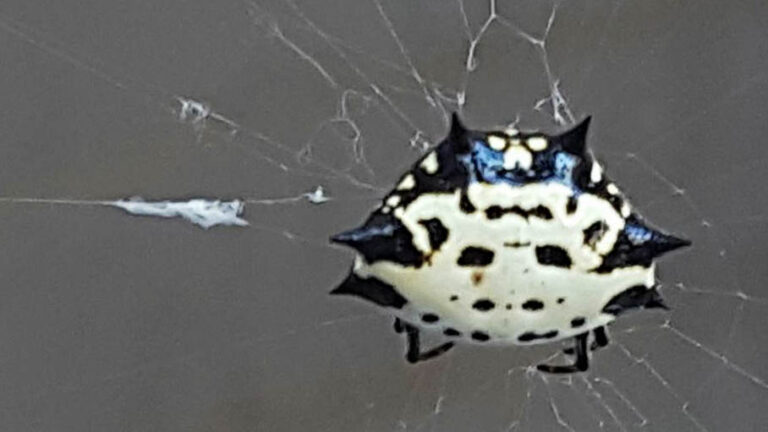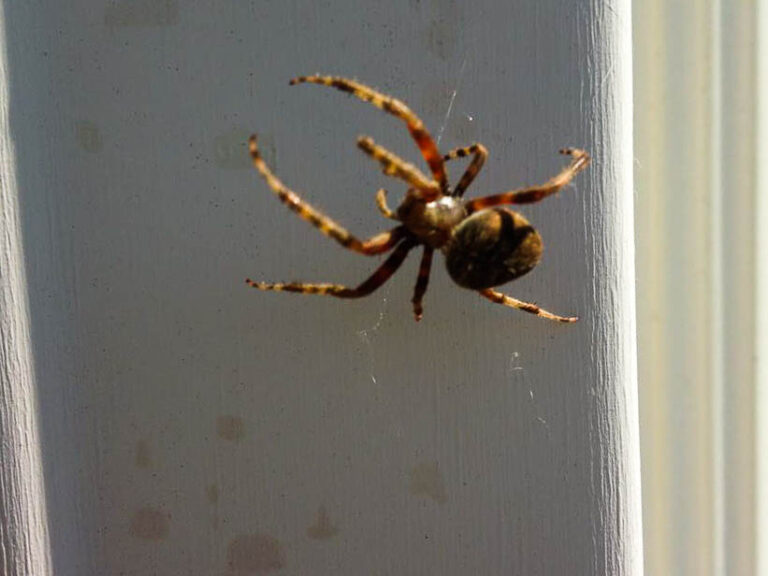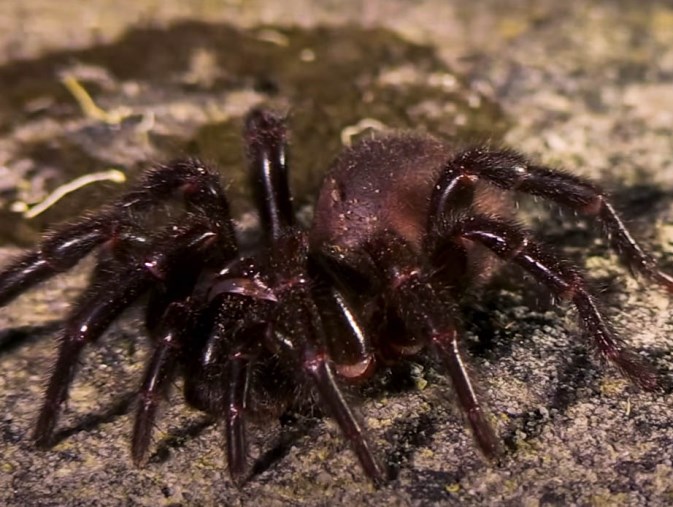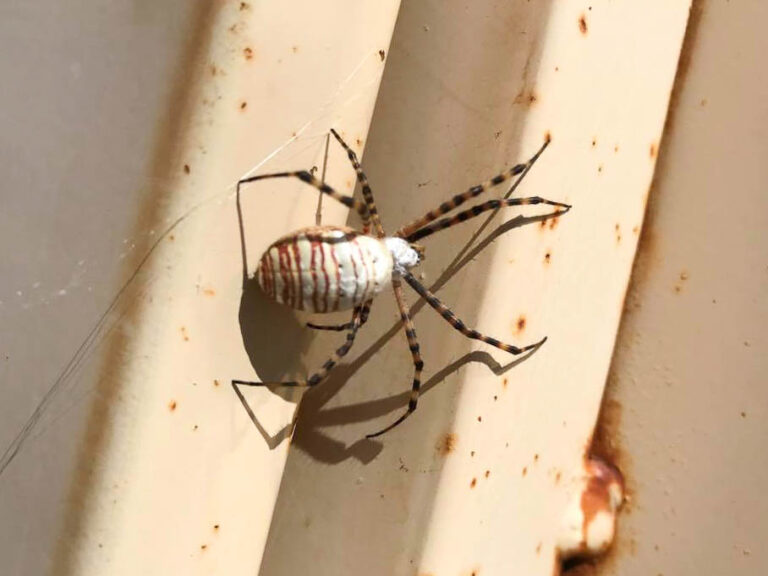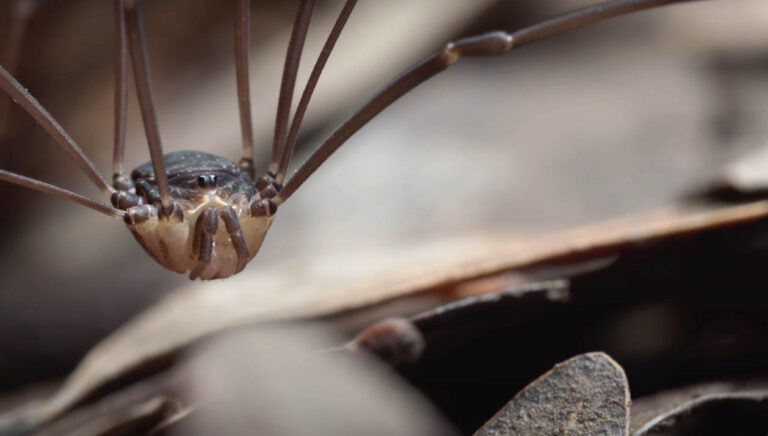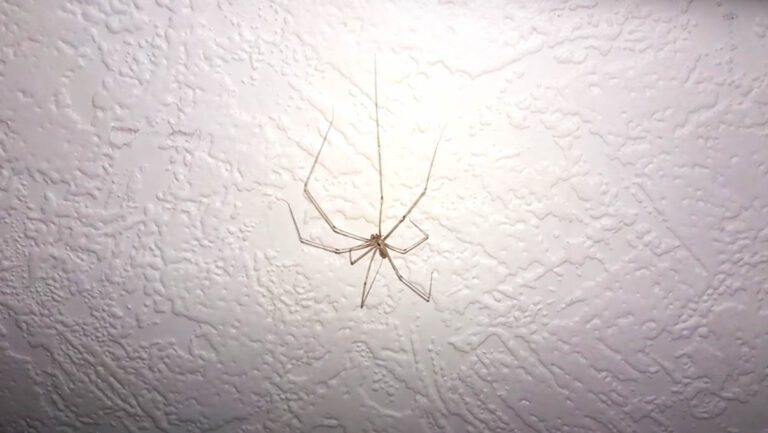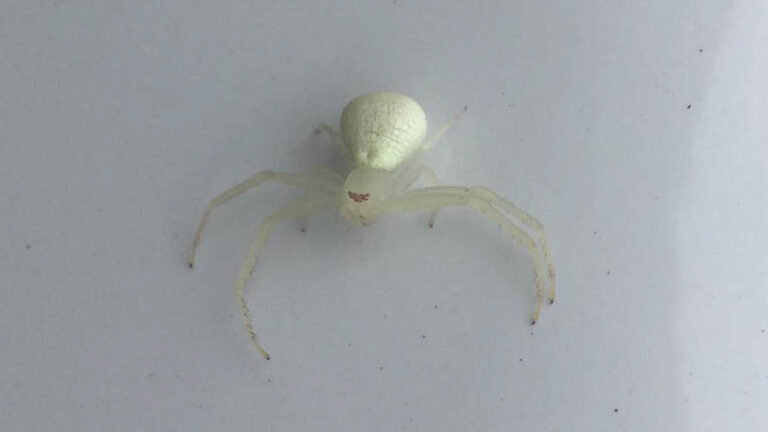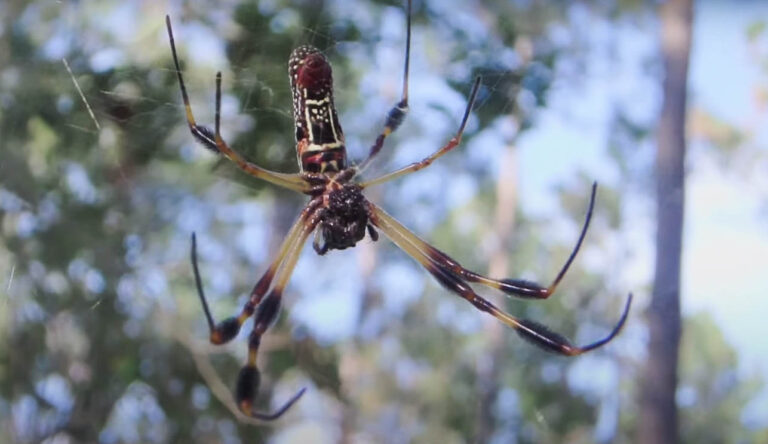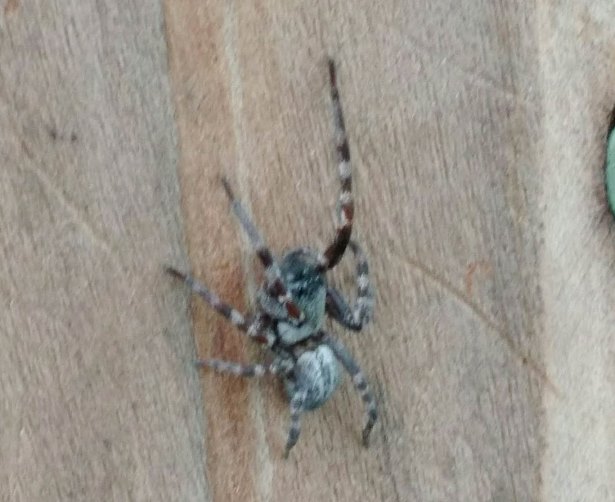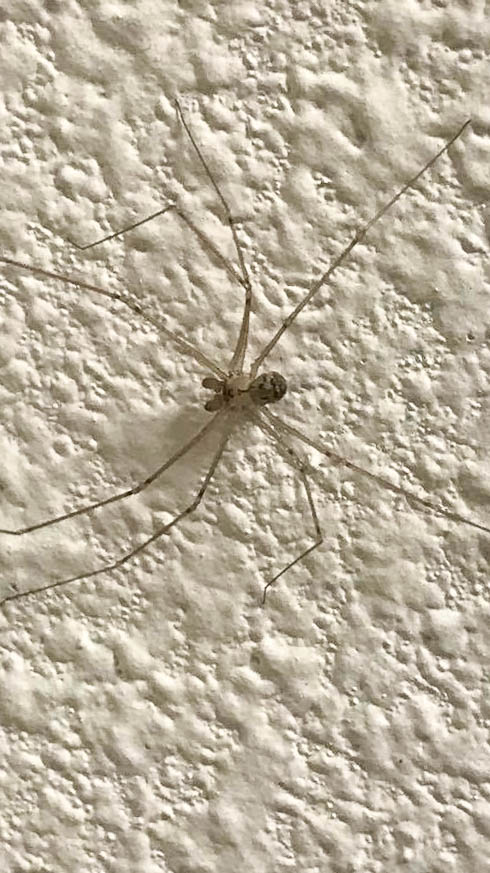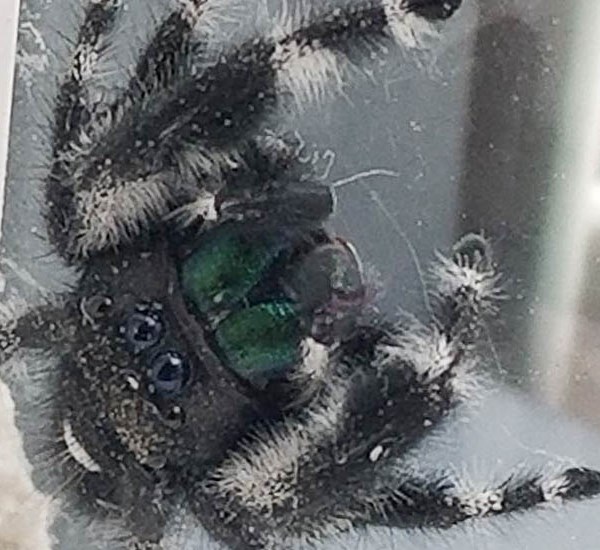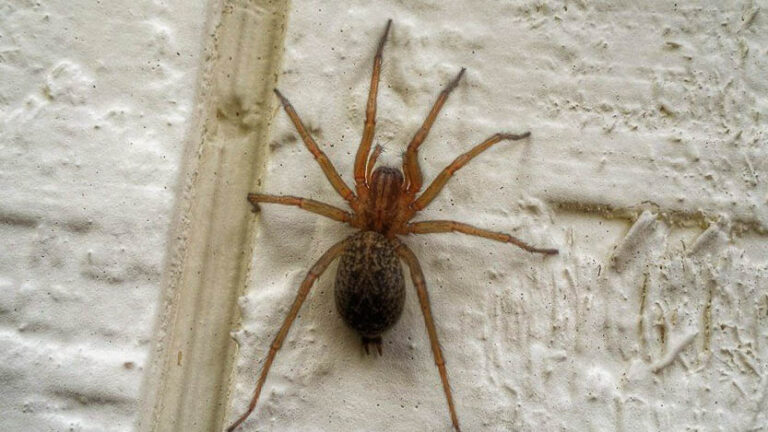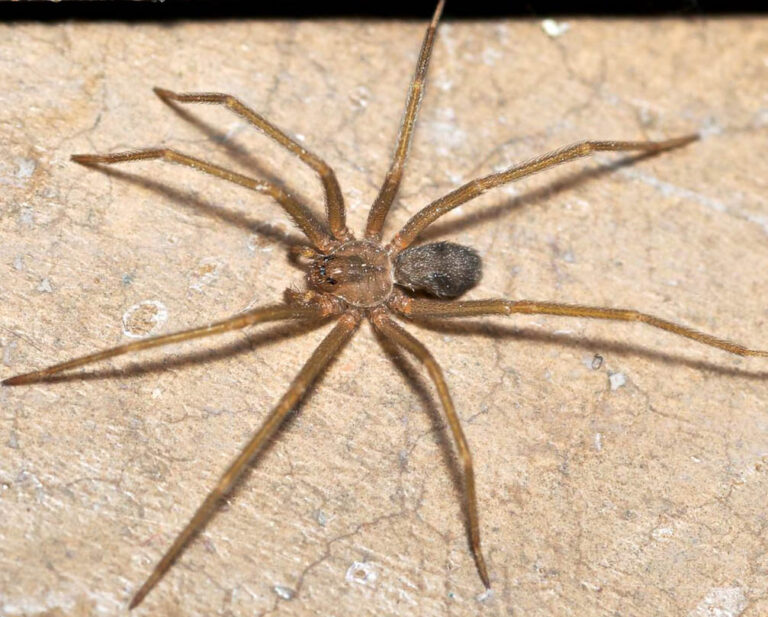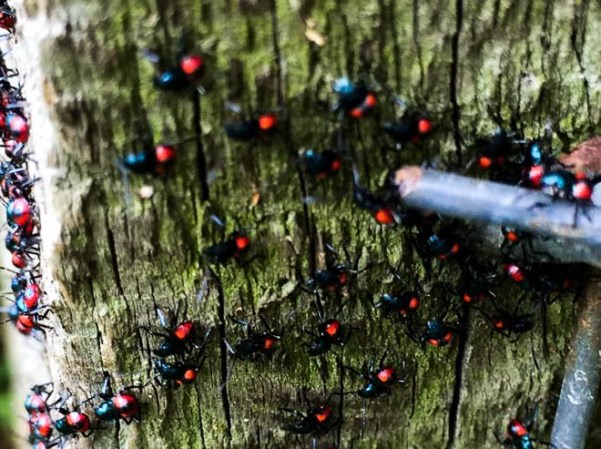About House Spiders
About House Spiders
House spiders, also known as Tegenaria domestica, is a term generally used to describe spiders that live in human dwellings. They are known as barn funnel weavers in North America and domestic house spiders in Europe. These arachnids are a typical house spider species known by many. If you spot a spider in your home, the chances are high that it’s one of the house spider species. Even though house spiders are venomous, they only bite when attacked or cornered. However, their first reaction to danger is to flee. These intruder insects can get to your home through open doors, windows, and ventilation. As much as they seem unfriendly, they feed on some of the nuisance insects, including mosquitoes, moths, flies, and cockroaches.
Appearance
They are brown or yellowish—the abdomen varies in color from grey to black. Additionally, they are relatively large and can grow to approximately 1-2 cm in length. Males and females are almost similar. However, the males can easily be distinguished with their thinner abdomen, longer legs, and enlarged pedipalps. Like it is for the members of Arachnida, the body of a house spider is divided into two parts, the cephalothorax, and the abdomen. And, of course, they’re wingless. The females lay eggs enclosed in an egg-case made of silk, which she may hide in her web.
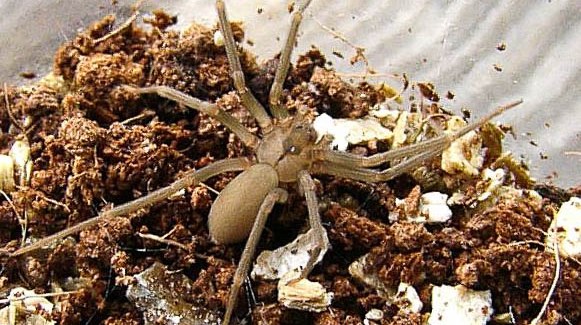
Behavior
Domestic house spiders are not aggressive and rarely attack. However, they can bite to defend themselves from attackers. In most cases, they prefer fleeing from their assailants. Being nocturnal insects, house spiders are active hunters when the darkness falls at night. They are very fast with sharp vision. Perhaps this is what gives them an edge over their prey as well as their predators. As such, you will rarely spot them during the day.
House spiders are very tactical when it comes to their movements—they move in short intervals to decide where to go next. They only move in a continuous gait if they spot their prey or danger. In most cases, the house spider builds funnel-shaped webs around corners. The webs may become thicker if it’s unaltered.
Life Cycle
Adult female house spiders live longer than males. They live for 30 months or more while the male house spiders live for about 18 months or less. These spider species go through three life cycle stages: egg, the juvenile spider, and finally, the adult (egg-juvenile-adult).
When it comes to reproduction, the females can produce up to 17 egg sacs in their lifetime, with each egg sac holding up to 250 eggs. Unlike other spider species, house spiders choose to cohabitate and continue mating, unlike other spider species that mate only once.
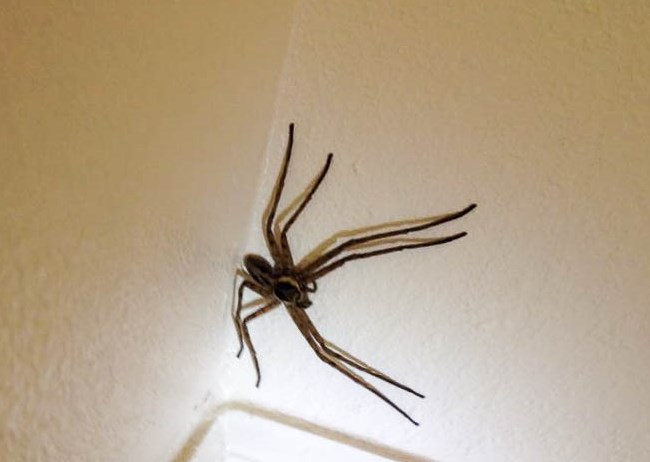
Habitat
Typically, house spiders are mostly found in houses or buildings. As such, those that live outside have a shorter lifespan. They die of cold or fall prey to predators. House spiders weave their webs in secluded areas like basements, sheds, and ceilings at the corners. House spiders can live in the same web for one to two years. And the longer they stay in the same web, the thicker they weave it. You can tell the time the spider has stayed by just looking at the thickness of the web.
Are House Spiders Harmful?
As the name suggests, house spiders live in the house. They pose no harm to humans unless their lives are in danger. They bite as a defense mechanism. But in case you are bitten by one, you will experience minor irritation at the area bitten, followed by ulceration. In such a case, use an antibiotic cream to avoid infection. You can also use a pain killer to relieve pain. Additionally, seek medical attention
These arachnids are sometimes beneficial as they feed on other irritating insects in the house. Such insects include mosquitoes, moths, and flies..
How to Control House Spiders
These harmless creatures in your house are easy to control. Below are examples of control measures that you can employ in case of an invasion.
- Use caulk to seal off crevices and cracks on windows and doors
- Use glue traps, or sticky traps at any suspected entrance
- Vacuuming to eliminate spider webs
- Use of insecticides to kill the spiders completely
With the steps mentioned above, you can be sure to keep these scary insects out of your house.

